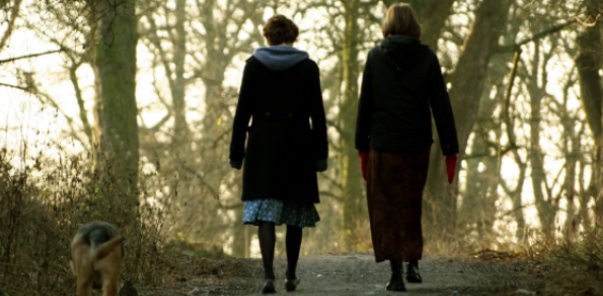Exercise makes tiredness better because it releases hormones that increase your energy
Dr. Sarah Jarvis
23 November 2012
 |
What causes chronic tiredness?
There are hundreds of causes of tiredness, and some people have more than one. If you have a new symptom of tiredness for more than a few weeks, see your GP. The good news is that 70-80% of people don't have a physical cause.
The conditions your GP may want to rule out include:
Type 2 diabetes - Other symptoms might include being thirsty all the time, passing water more often, losing weight or getting minor infections like boils and thrush.
Underactive thyroid - Other common symptoms are putting on weight despite eating less, constipation, dry skin, coarse hair and feeling depressed.
Depression - Tiredness is surprisingly often the main problem here. Ask yourself if you've recently been feeling down, depressed or hopeless; or if you've taken less interest or got less pleasure from things you usually enjoy.
Medications - There are lots of possible culprits here! All medicines have side effects for some people, but beta-blockers (used for heart problems) and strong painkillers often cause profound tiredness. If you started a new medicine round the time you began to feel tired, do speak to your pharmacist or GP.
Anaemia - In women before the menopause, heavy periods are the most common cause. However, there are lots of other causes including poor diet or not absorbing food properly.
Chronic fatigue syndrome (also known as ME) - The tiredness of ME is often described as completely overwhelming physical and mental exhaustion , which is very different to the tiredness you might feel after a busy day. It's often made worse by exercise and rest rarely helps relieve it.
Long-term medical conditions - Kidney and liver problems, as well as heart failure and chronic lung disease, can all sap your strength.
Cancer - Please don't panic! All the causes above are much more likely to be causing tiredness than cancer is. However, it's something your doctor will be bearing in mind as a rare but very important possibility. Examination and blood tests by your GP can pretty much rule out many cancers.
What tests will my doctor do?
That depends on what other symptoms you have, or whether your doctor sees a clear trigger such as a new medication. On the whole, I would usually run a whole series of blood tests to check your blood sugar (for diabetes); your kidney, liver and thyroid function; as well as a full blood count to look for anaemia and rule out the small possibility of problems with your immune system which might signal cancer.
When it pays to be good to yourself
Most people are tired because of stress - and we can all relate to that. The trouble is, it's hard to see the wood for the trees when you're overcommitted. Looking after yourself isn't selfish - it could be the best way to help others as well as yourself.
You're better placed to look after others if you look after yourself. If you're a carer - whether for young children or elderly loved ones - you'll be no use to them if you're worn to a crisp. Remind yourself of that when you take up the tips below!
- You don't need to do it all yourself. If you're a carer, you're entitled to a full carer's assessment of your needs and those of your loved one. Speak to your GP
- Take time for you. Whether it's a daily walk in the park or a long bath (scented candles on the side for me, please!), make sure 'you time' isn't bottom of your list of priorities
- Exercise makes tiredness better, not worse - honestly! Exercise releases 'feelgood' hormones that increase your energy. It's well-proven for patients with stress and depression, and even cancer.